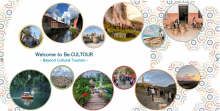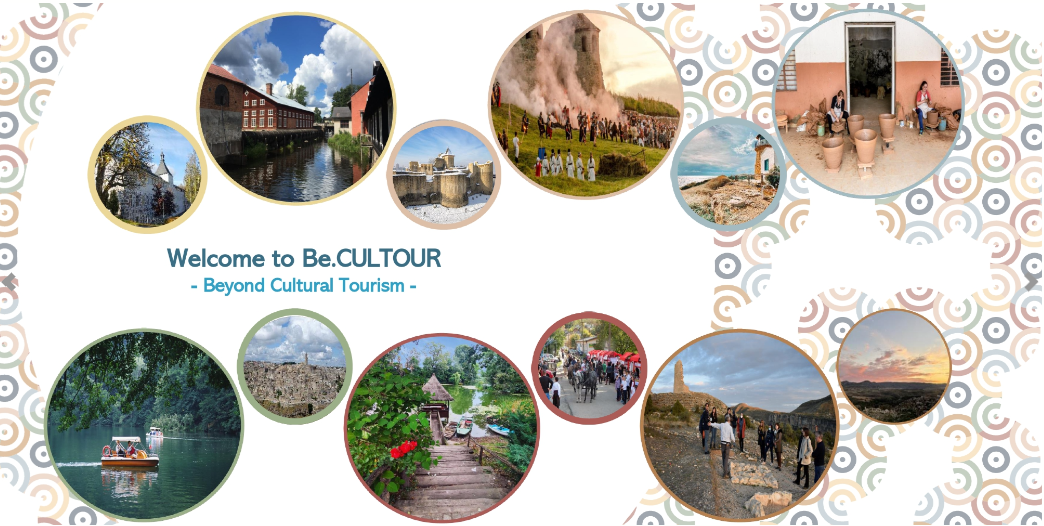the collaboration includes 2 projects and 9 entities, to support local communities prioritize their needs and take initiatives in tourism to take advantage of the potential and prospects of their region.
text and photos courtesy of The High Mountains cooperative.
On Thursday, July 28, 2022, the first meeting entitled “A collaboration for the Dragonlake of Tymfi” of the collaboration of “High Mountains”, LiMnADs, P2P Lab and Vikos Aoos Geopark, for the Dragonlake of Tymfi, took place at the Environmental Education Center of Konitsa in the framework of the project “INCULTUM”.
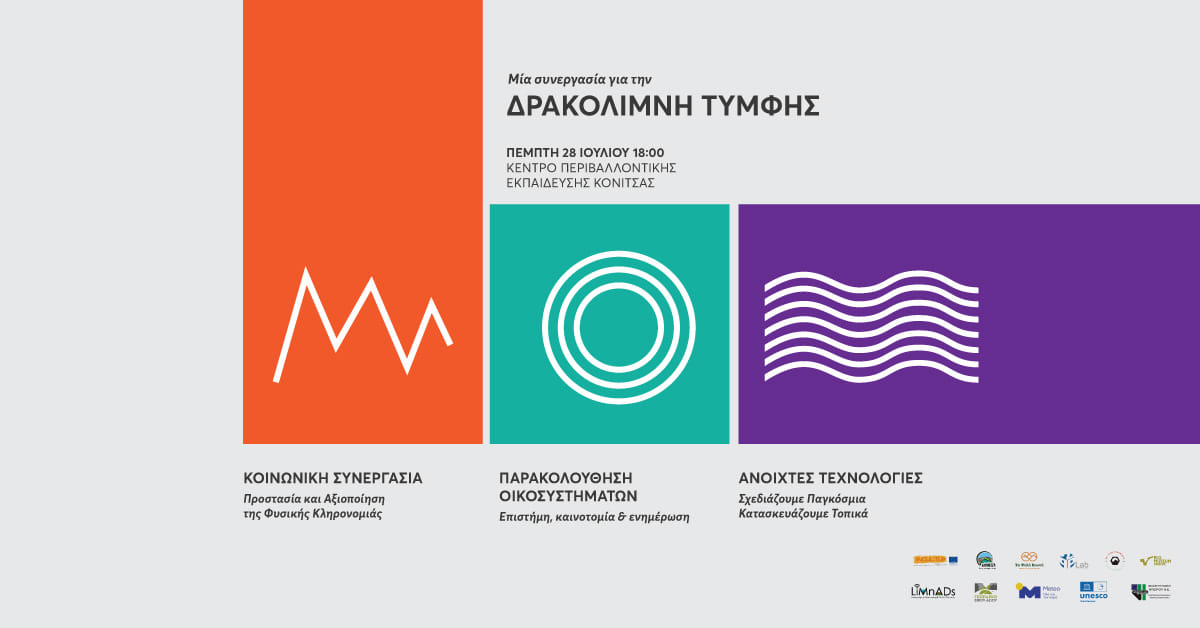
The discussion started with the first presentation about SOCIAL COOPERATION-Protection and Exploitation of Natural Heritage, by Mr. Sotiris Tsoukarelis, President of “The High Mountains” S.C.E. During his presentation Mr. Tsoukarelis analyzed how, through research on the development of cultural tourism, within the framework of the Incultum Project, did we arrive at a Collaboration for the Dragonlake of Tymfi, between two projects and nine entities, and how can local communities prioritize their needs and take initiatives to solve problems and take advantage of the potential and prospects of their region. In conclusion, highlighted how can the local bodies and the inhabitants of the area protect, but also exploit their natural and cultural heritage, through science and technology.
Τhen, the second presentation followed about ECOSYSTEM MONITORING – Science Innovation and Information, by Mr. Constantis Alexopoulos, LiMnADs. Mr. Alexopoulos explained that the Dragonlake of Tymfi is undeniably one of the most unique mountain landscapes of our country, which we have to protect. The climate change and the multiple anthropogenic pressures it faces, threaten this fragile ecosystem. Concluding the presentation, we were informed about the aim of the LiMnADs Project (“Limnades”) – a pioneering research based on science, technological innovation and information by six young scientists from Greece and abroad in collaboration with the UNESCO World Geopark Vikos-Aoos, the National Observatory of Athens, and the Regional L.A.G., which is to attempt to understand the factors that threaten the Dragonlake in order to contribute to its effective protection.
The last presentation was about OPEN TECHNOLOGIES – Design Global, Manifacture Local, by Mr. Vassilis Niaros, P2P Lab/Tzoumakers. The presentation was about knowing what are open technologies, how do they change the terms of the “game” in the matter of technological development and how the “Design Global – Manifacture Local” model removes the barriers of technological isolation of mountainous regions. During the collaboration for the Dragonlake of Tymfi through the local construction of a remote-controlled water-jet designed by a team of researchers from the University of Auckland, New Zealand, we will see how free knowledge and open technologies can provide solutions for monitoring sensitive ecosystems, but also tools for local communities to educate and promote local culture.
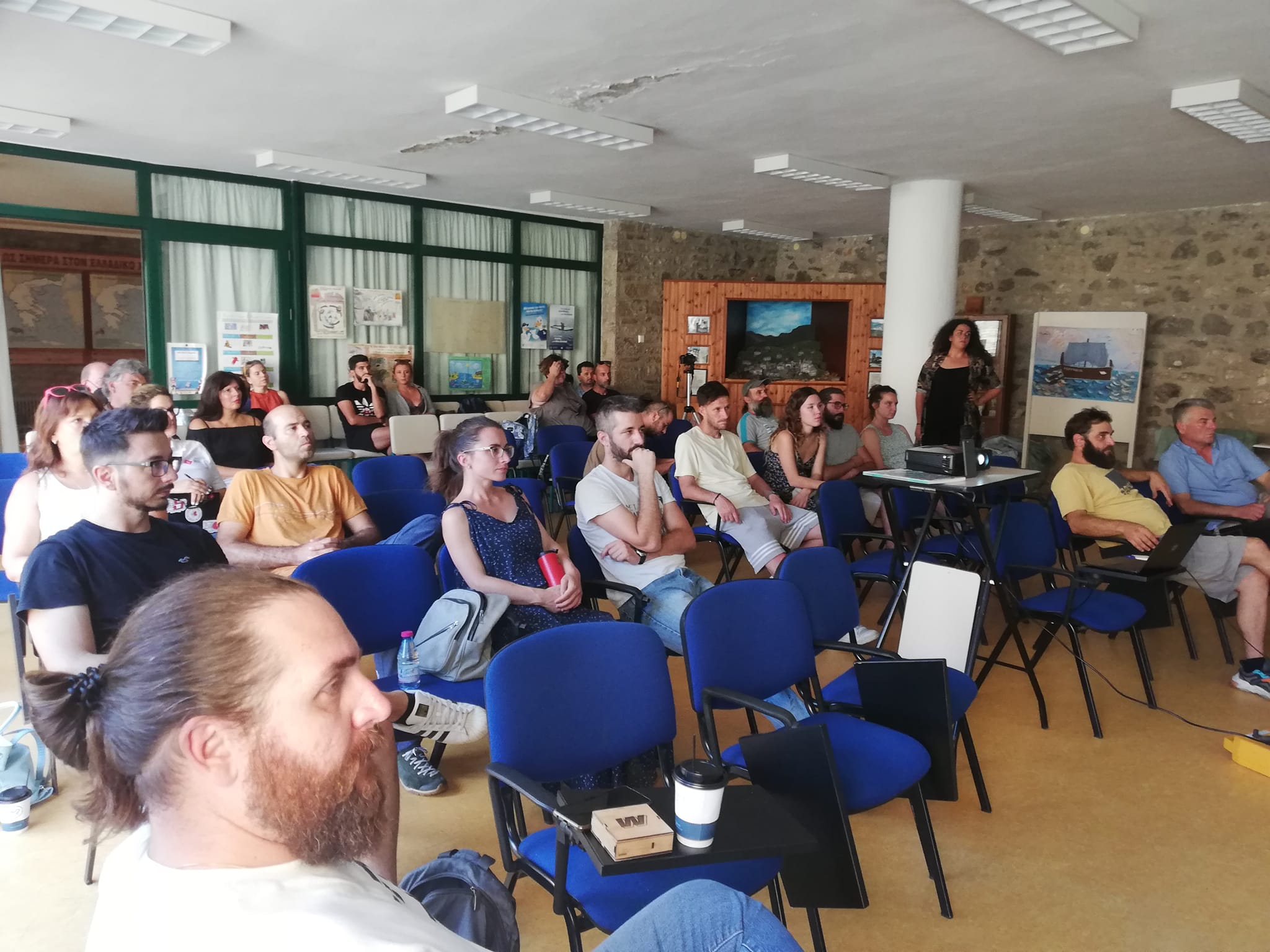
After the presentations the actions that are going to follow next September in the framework of the “Collaboration for the Dragonlake of Tymfi”, were presented:
– Action 1 (Beginning or mid-September) by P2P Lab, Tzoumakers , INCULTUM Project.
We are going to organize an educational workshop on open technologies and their local utilization, where we intend to use 3D digital printer to make the remotely controlled waterjet, that will be used as an environmental monitoring tool in the 2nd action.
– Action 2 (End of September) by LiMnADs, Vikos – Aoos Geopark, Epirus Development
Organization SA, INCULTUM Project: Expedition to Tymfi’s Dragonlake to support the research of the LiMnADs team of scientists, regarding the monitoring of the Dragonlake ecosystem, aiming at understanding the factors that threaten it, to protect it effectively.
A discussion including all participants started right after all presentations ended. Representatives of Local Associations, Social Cooperative Enterprises, Young Scientists, Professionals of Mountain Activities, discussed the cooperation they can develop with the project, in order to help in its implementation, but also to utilize its results and infrastructures, to create a series of activities and services, which link the protection and promotion of the natural environment and culture of the area, with new technologies, scientific research, education and tourism for the locals as well as for the visitors of Konitsa.
The essence of the discussion was that cooperation of local people, young scientists, producers, associations, social economy enterprises, that participated in the discussion, with the support of the local government, can connect and utilize infrastructures, social capital, natural and cultural available resources, for the benefit of the regeneration of our mountain villages and communities.
After the event, participants tasted traditional local food in Konitsa.
The successful coordination of the whole event was undertaken by Thaleia Pantoula, member of the “The High Mountains” Social Cooperative Enterprise.
Download Press Release (PDF)
More about the Aoos Pilot:
The Vjosa/Aoos River, considered as ‘one of Europe’s last living wild rivers’, springs from Mt. Pindus in Greece, and then enters Albania. On both sides of the river banks, extends a terrain of agrarian field terraces alternated with hilly lands of rich Mediterranean vegetation where the traditional settlements are situated, followed by high mountain massifs dominated by continental climate with rich water sources, forests, flora and fauna, and broad prominent pastures.
On the Greek side, Konitsa is the main town of the area and the capital of the municipality surrounded by some of the highest mountains of Greece. It is built on the edge of Vikos Canyon, core of the National Park of Vikos-Aoos and one of the four Greek Geoparks, which became a member of the European and Global Geopark Networks in 2010. Numerous geosites within the territory are situated in landscapes of incomparable beauty.
In the INCULTUM pilot 7, the main expected action relates to the mapping of the natural, social, cultural and productive resources of the area, analysis of the data gathered during the mapping and their visualization using Business Intelligence tools. With this digital platform we are going to give the ability to citizens, local authorities and stakeholders, but also to visitors, to virtually combine resources of the area and propose their own evidence-based development actions and policies. Furthermore, the database is going to be participatory and always open to new inputs, collected by questionnaires, free text, business registrations, comments for the area etc.
Discover all the INCULTUM Pilots: https://incultum.eu/pilots/
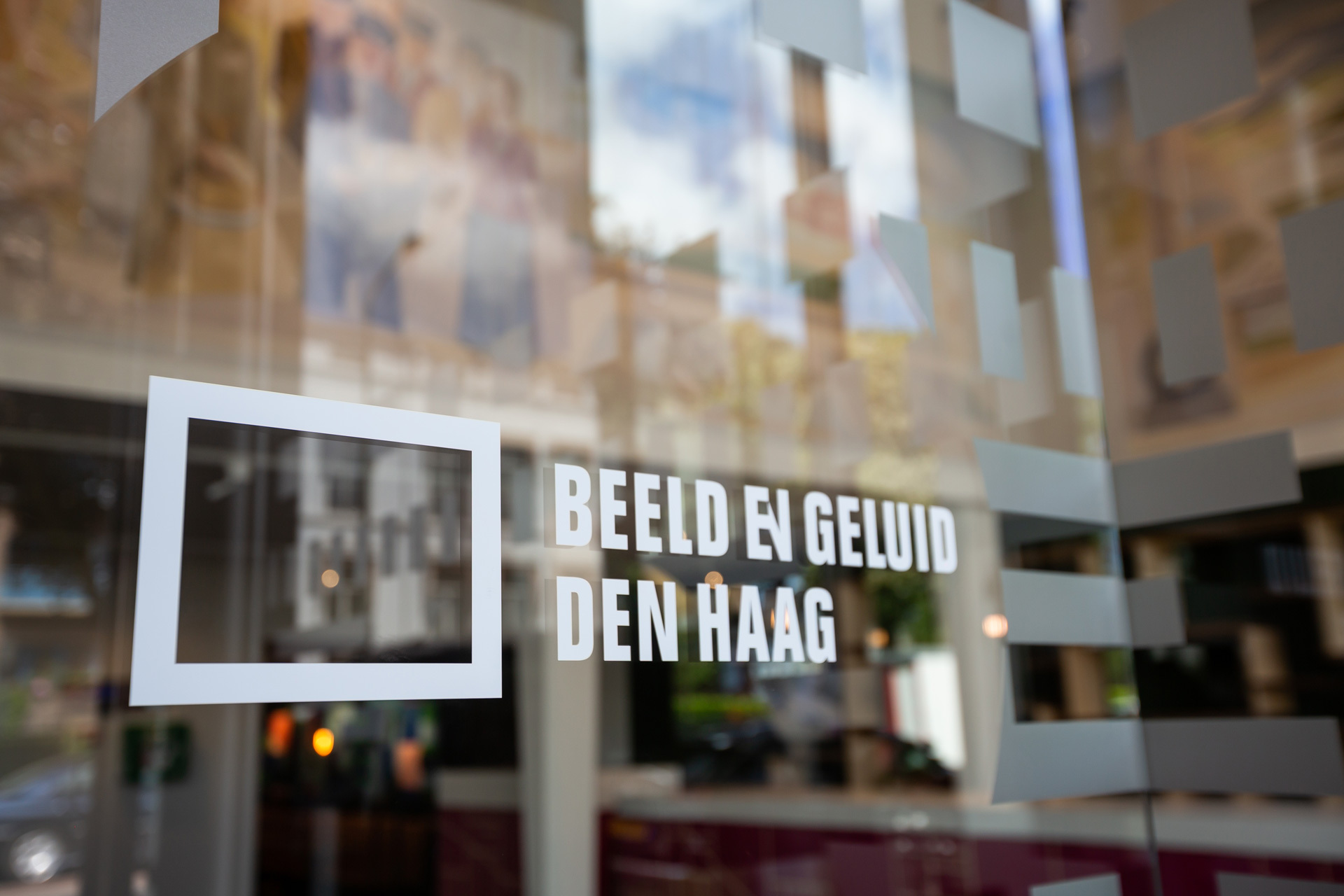


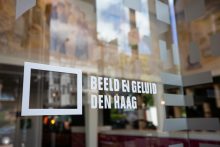
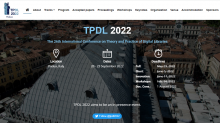
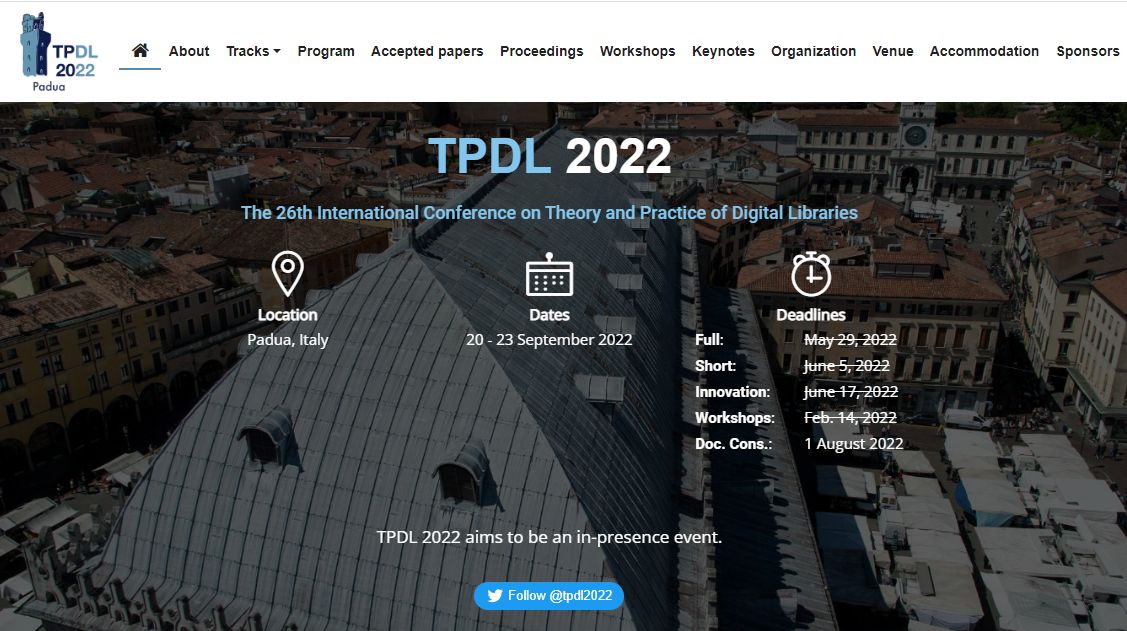

 UNCHARTED recently published the second of three policy briefs aimed at policy makers who have an interest in formulating or influencing policies about future research and valuating culture.
UNCHARTED recently published the second of three policy briefs aimed at policy makers who have an interest in formulating or influencing policies about future research and valuating culture.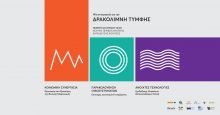















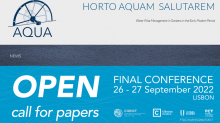
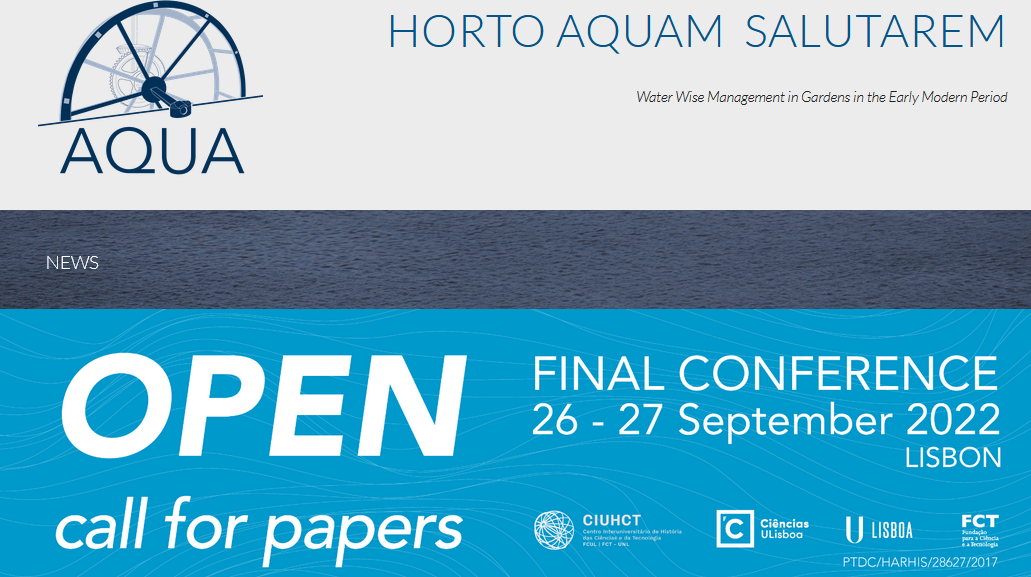
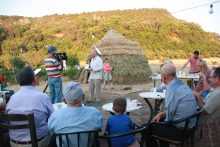
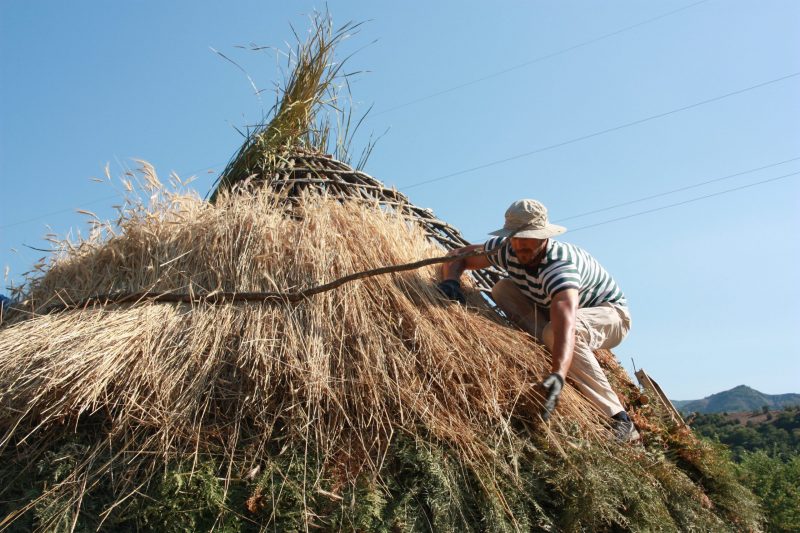 text and images by Egla Serjani, CeRPHAAL
text and images by Egla Serjani, CeRPHAAL















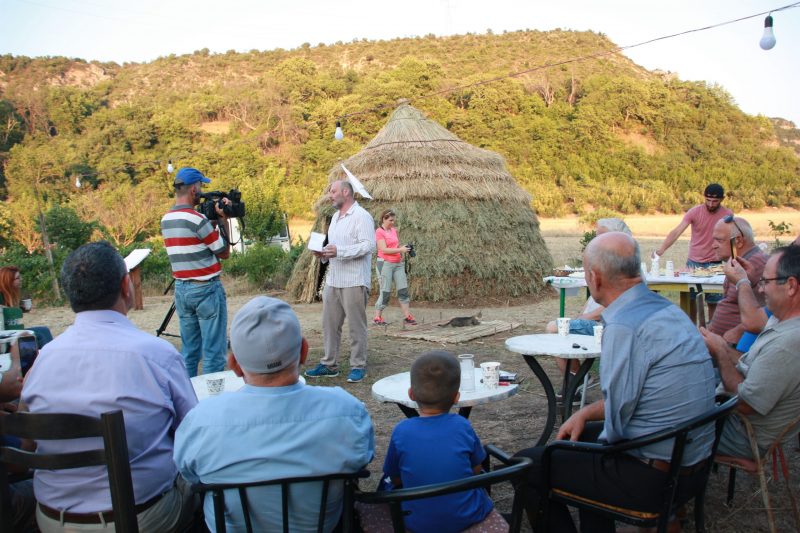 To help visitors understand more about the history of the Vlachs, an interpretation panel was designed, containing information in both Albanian and English, along with historical pictures of Vlachs people and their seasonal settlements, as well as a map of their seasonal movement showing their track towards upland summer pastures. The panel also contains QR code generators, including that of Vlachs historical route, previously tracked and documented by CeRPHAAL team and uploaded in
To help visitors understand more about the history of the Vlachs, an interpretation panel was designed, containing information in both Albanian and English, along with historical pictures of Vlachs people and their seasonal settlements, as well as a map of their seasonal movement showing their track towards upland summer pastures. The panel also contains QR code generators, including that of Vlachs historical route, previously tracked and documented by CeRPHAAL team and uploaded in 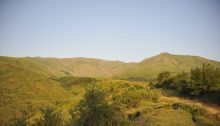
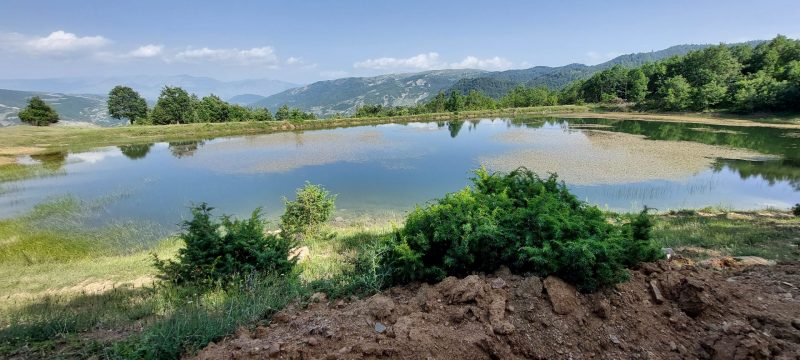













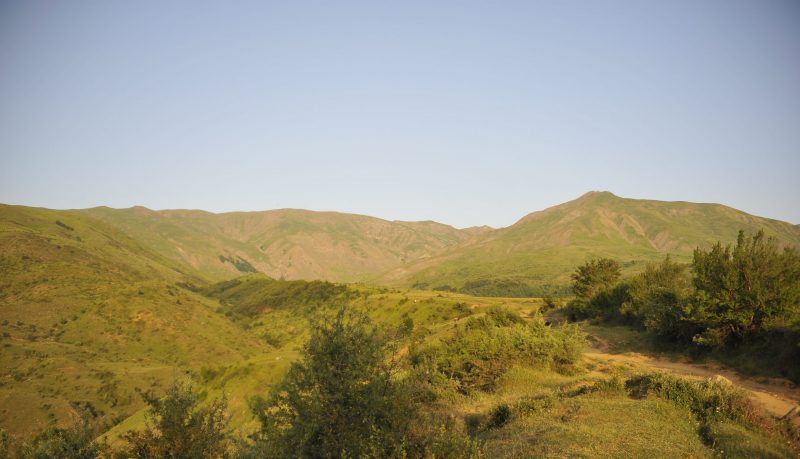
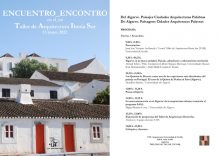
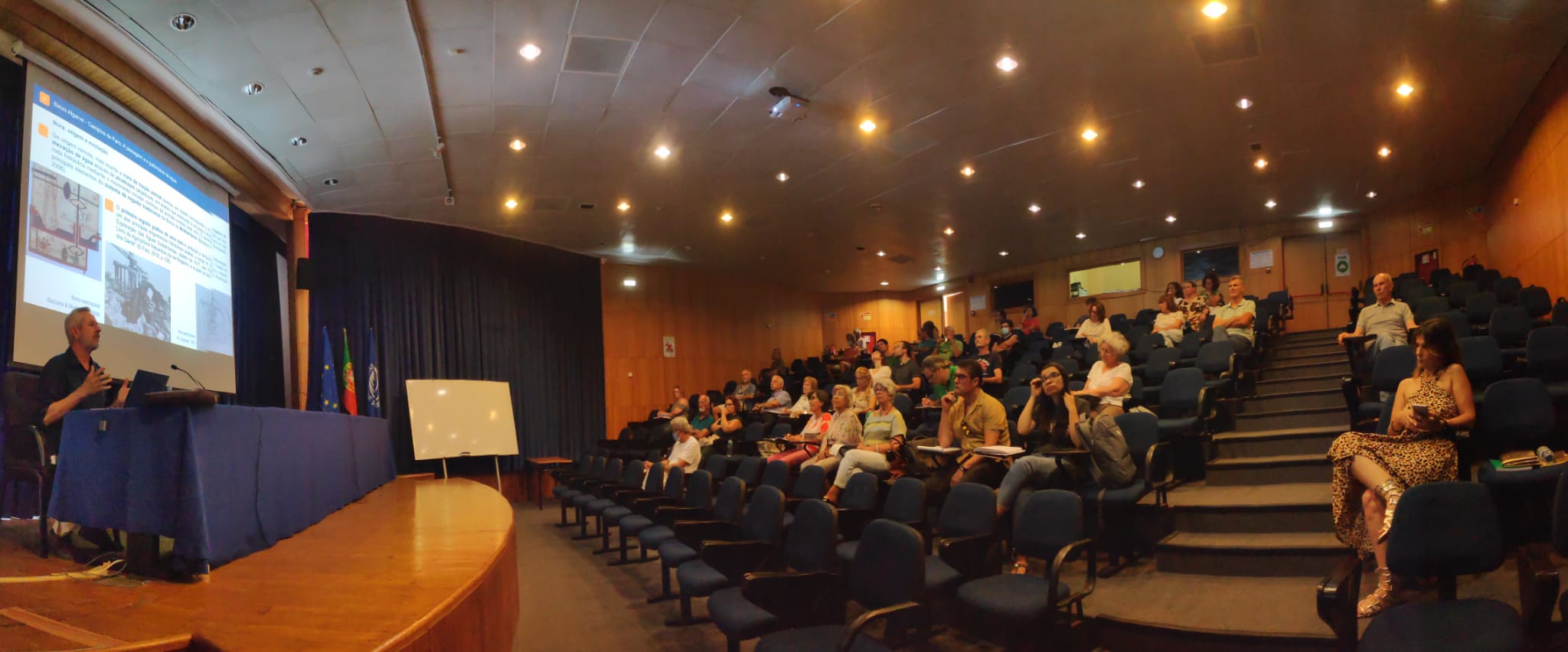
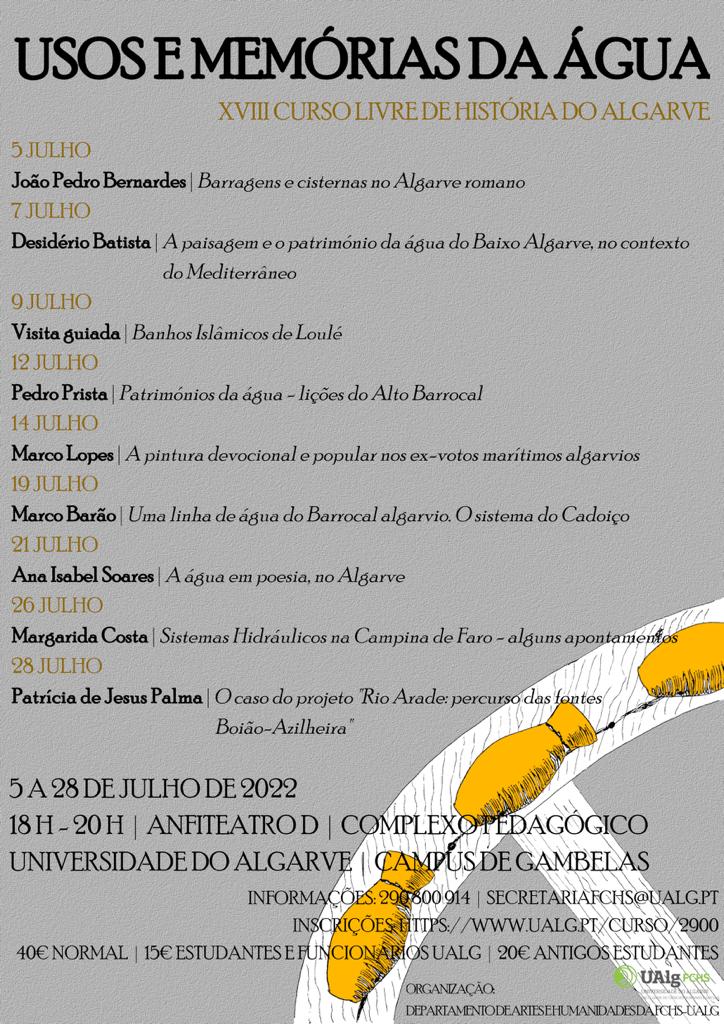
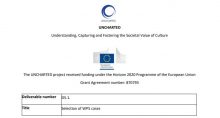
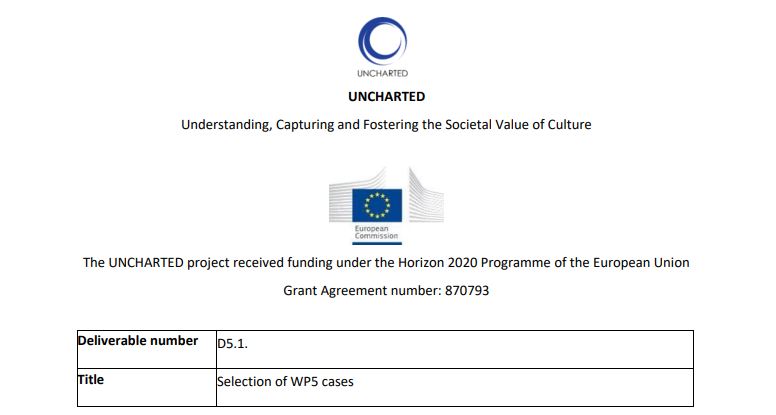 The objective of
The objective of 